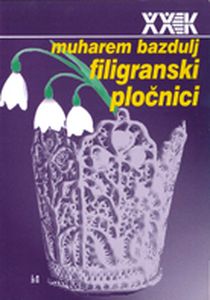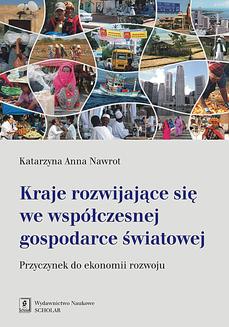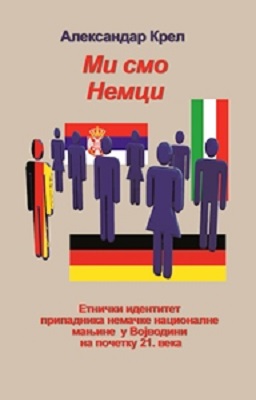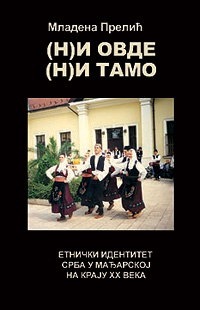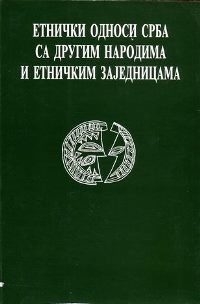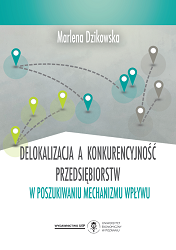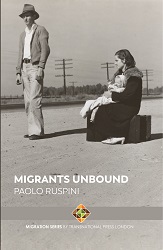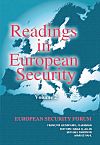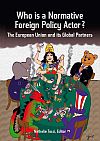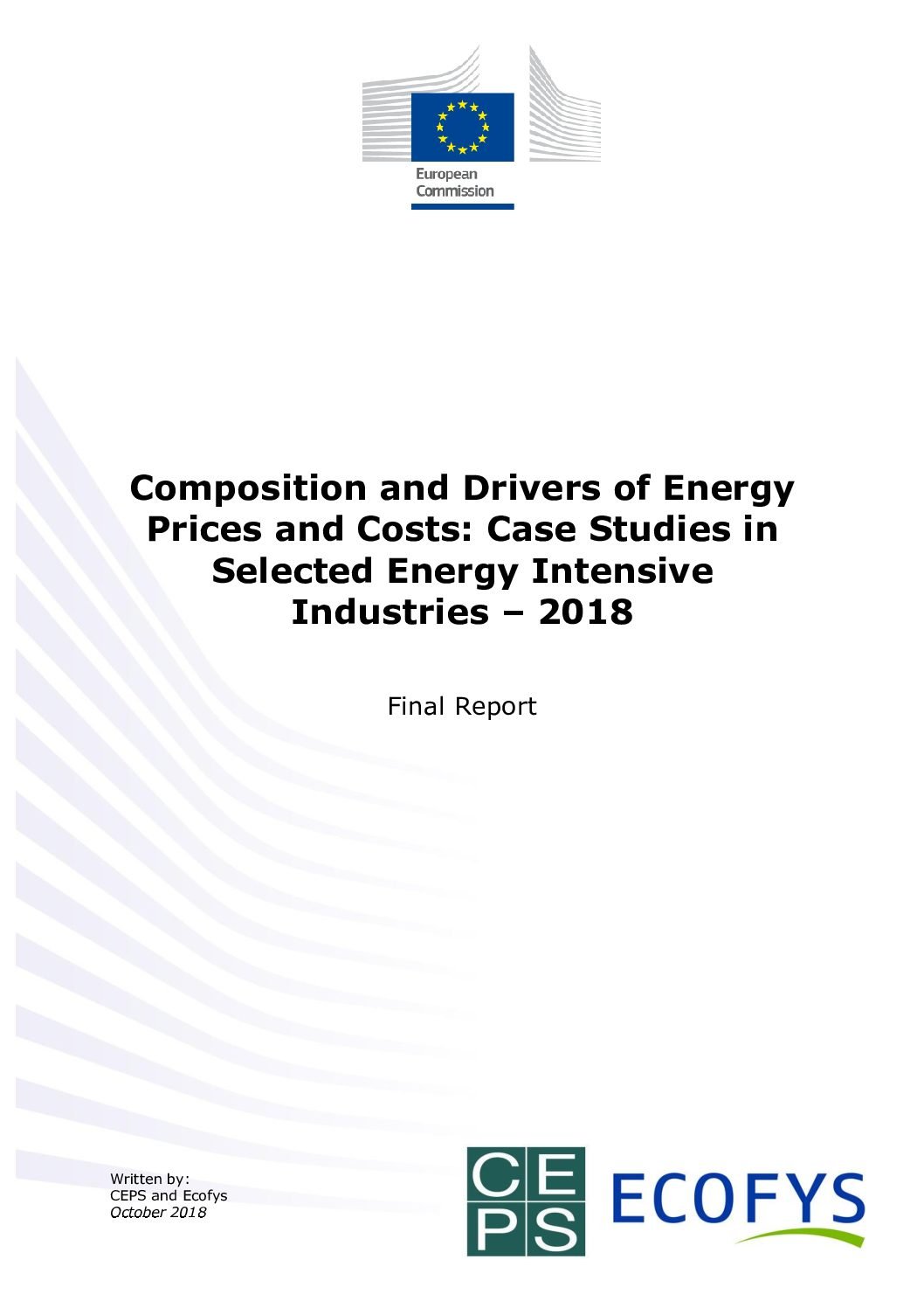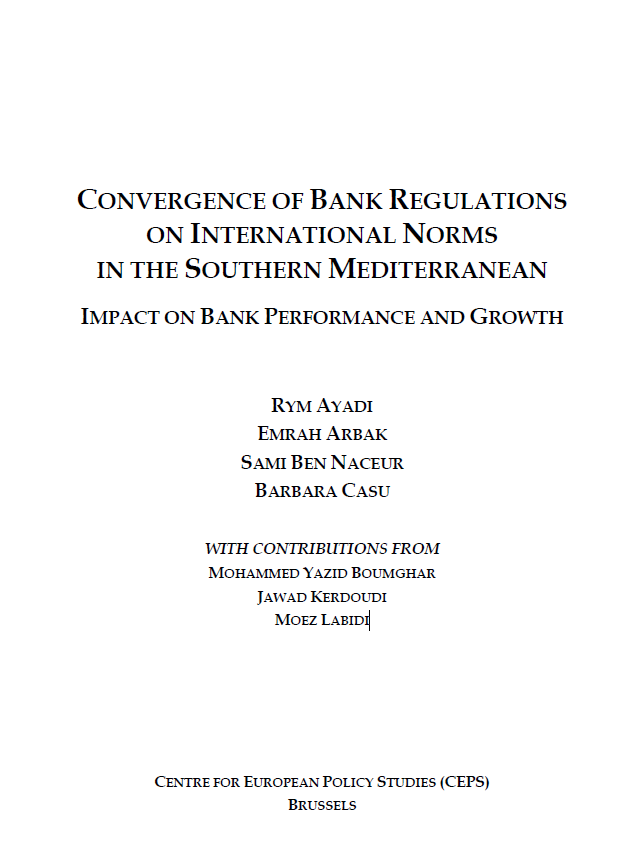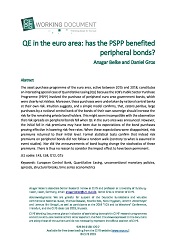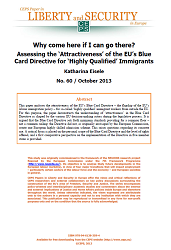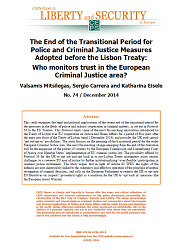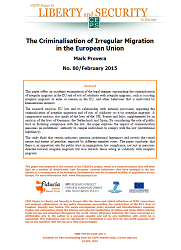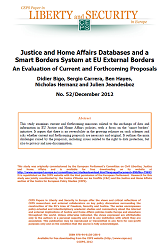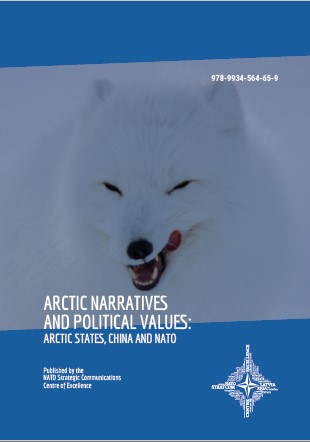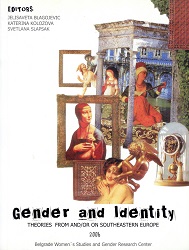Author(s): Aleksandar Krel / Language(s): Serbian
The presence of a German population in the Autonomous Province of Vojvodina, in the north of the Republic of Serbia, is the result of historical circumstances. They were settled there at the time of the mass colonisation of Southern Hungary and the Middle Danube region in the eighteenth and nineteenth century. This colonisation—aimed at boosting the economic and defensive military capacities of the territories annexed to the Habsburg Monarchy as a result of a series of Austro-Ottoman wars— changed noticeably the ethnic map of that part of Europe. During this highly complex migratory process, large numbers of crafts men, farmers, public servants and army veterans, attracted by enticing benefits, left the German lands/principalities to settle and make a home in the Pannonian Plain. Until the twentieth century most settlers lived in rural areas, functioning as small and rela tively closed agricultural communities. Their members lived abiding by religious principles and observing customs, which helped them to preserve their local German dialects and develop distinctive cultural features. Some of those settled in urban areas made a significant contribution to the economic and cultural de velopment of present-day Vojvodina.
After the First World War and the disintegration of the Habsburg Monarchy, the Germans in Vojvodina, Croatia, Slove nia and Bosnia became citizens of the newly-created Kingdom of Serbs, Croats and Slovenes (SCS) and were soon recognised as a national minority. In the interwar Kingdom of SCS (renamed Kingdom of Yugoslavia in 1929) the German minority made every effort to preserve its ethnic and cultural distinctiveness: many cultural and political organisations were active and productively participated in the public and political life of the country. The defeat of the Third Reich in the Second World War caused much trouble for the German community in Vojvodina. As was the case with the German minority in all of South-East Europe, the participation of many Yugoslavs of German origin in military, paramilitary and police forces which had fought on the side of the defeated Germany led to almost all members of the German minority being labelled as collaborationists and incurring widespread odium as such. For the purpose of punishment, Yugoslav authorities set up camps for mass internment of German Yugoslavs who had not fled before Yugoslav partisan and Soviet Red Army troops. Pursuant to newly-adopted regulations, the internment was combined with the loss of property and civil rights. Only a few thousand members of the German community were exempted from the sanctions and allowed to keep their citizenship and property, usually on account of their own or a family member’s participation in the People’s Liberation Movement (NOP). In the early 1950s the process of dissolving the camps and repatriation took place. As most members of the German minority chose to emigrate to Germany or Austria, in the mid-1960s there remained in Yugoslavia only a small number, and mostly concentrated in Vojvodina. Their position was gradually improving, but the hardships they had experienced and the strong antiGerman sentiment in the wake of the war led them to opt for the strategy of ethnic mimicry. In that period, the Germans of Vojvodina consciously concealed their own and publicly demonstrated ethnic identity symbols of the ethnic communities that enjoyed an advantageous social status. Their ethnic mimicry strategy was made much easier by the markedly multiethnic, multicultural and multilingual character of Vojvodina, and the transfer of ethnic identity symbols was also bolstered by a high rate of ethnic exogamy and their shared religious affiliation with members of neighbouring ethnic communities.
More...
